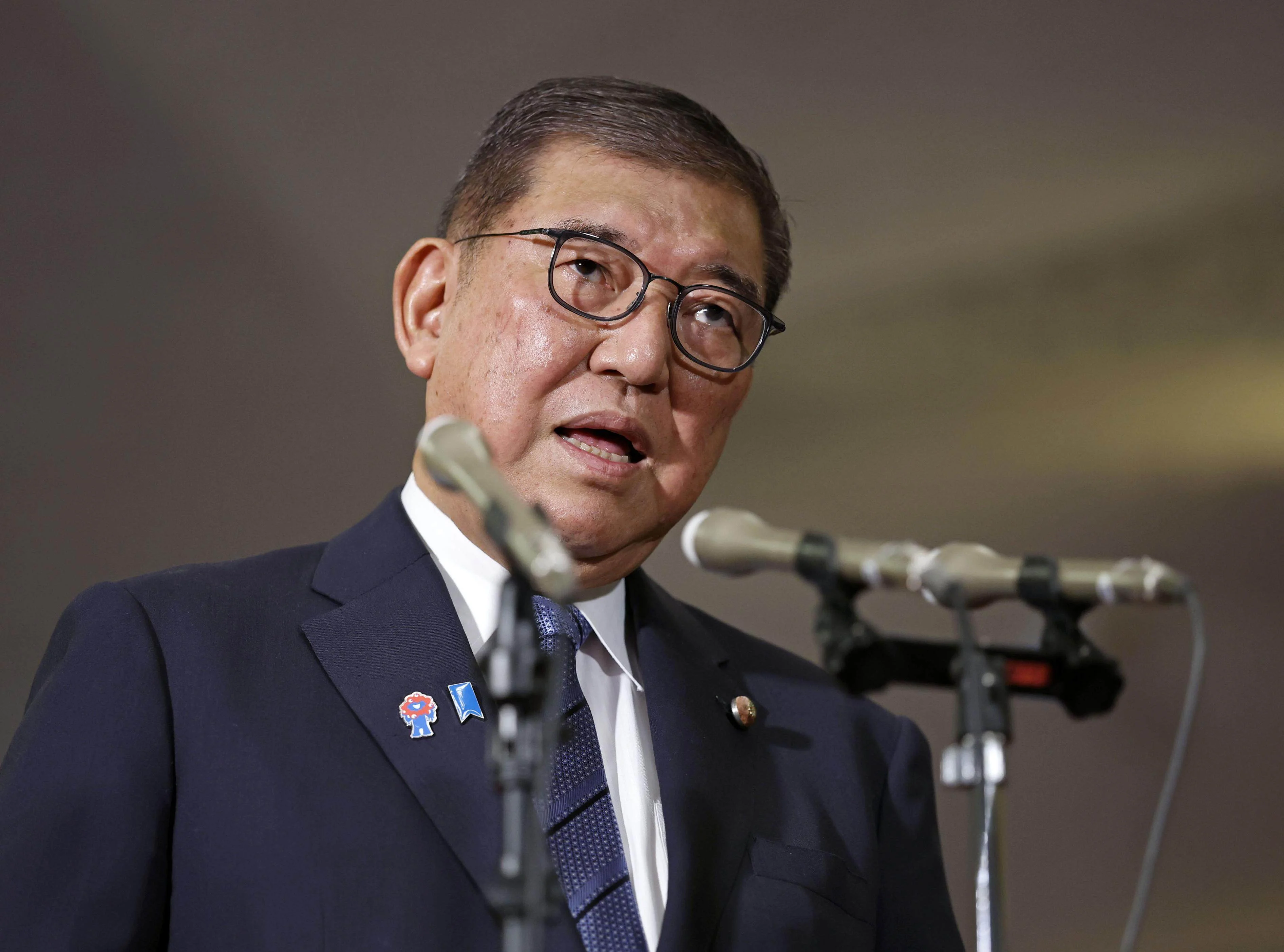By Julian Ryall
Copyright scmp

Japanese Prime Minister Shigeru Ishiba is set to attend the 80th session of the United Nations General Assembly in New York, where he is expected to urge sweeping reform of the UN Security Council, which Tokyo has long criticised as “dysfunctional” and unfit for today’s world order.
Ishiba left for New York on Tuesday morning, telling reporters just before his departure, “After reflecting on the 80 years since the founding of the United Nations, I would like to state that now is the time to carry out Security Council reform.”
He is scheduled to speak during the UN General Debate session on Wednesday morning, Tokyo time.
Analysts note that Ishiba’s push reflects a goal successive Japanese governments have pursued for nearly two decades and has backing from several other member states. But they caution it is unlikely to gain traction with the Security Council’s five permanent members – the United States, United Kingdom, France, Russia and China – who are determined to protect their veto power and broader influence.
“Japan has long harboured ambitions of reforming the Security Council and becoming a permanent member of an enlarged council, but I would say that aim is completely unrealistic at this point,” said Ben Ascione, an assistant professor of politics and international relations at Tokyo’s Waseda University.
“The present five permanent members do not want expansion because it is in their own interests to keep the council the way it is and to protect their power, but even if an agreement could be reached on expansion then I think there are a number of other countries – Germany, India and Brazil, among others – that have a better claim than Japan,” he told This Week in Asia.
The biggest hurdle to Japan claiming a permanent seat on an expanded Security Council would undoubtedly be China, Ascione said, with Beijing firmly against another country that would reliably side with the US over its own interests and likely to claim that Japan has yet to fully face up to its militarist past as justification for its resistance.
Despite the political hurdles, Ishiba is expected to reiterate Tokyo’s long-standing argument that the Security Council’s structure, created in the aftermath of World War II, is no longer fit for purpose.
Calls for reform have grown louder in recent years, particularly after Russia launched its invasion of Ukraine. Speaking in January 2023 to mark Japan’s assumption of a two-year non-permanent seat on the council, then-prime minister Fumio Kishida argued the war had starkly exposed the body’s shortcomings.
“Russia’s aggression against Ukraine has exposed the dysfunctionality of the UN Security Council in responding to challenges to the international peace order based on the rule of law to which the international community has adhered,” he said.
Kishida went on to highlight China’s tendency to side with Moscow and shield North Korea from international censure, even as Pyongyang defied UN resolutions with missile tests and other provocations. He also criticised Beijing’s refusal to engage in dialogue over its militarisation of disputed atolls in the South China Sea.
“Tokyo’s desire to play a greater role on the international stage comes from the fact that it is one of the biggest contributors to the UN and it feels that a seat on the Security Council is the way to secure that,” said a Japanese academic, who asked not to be named as he serves as an adviser to the government on foreign affairs.
“Japan has, of course, been talking about this for many years but I do not expect Ishiba to say anything that is particularly groundbreaking when he is in New York,” he added.
“I also feel that the ministry officials in Tokyo feel Japan has to make these points at every opportunity, but not many are optimistic that the aims are achievable,” he said.
“And we must remember that Ishiba will be stepping down when his successor as party leader is announced on October 5, so his administration only has days left and he is a lame duck,” he added. “I anticipate symbolic messaging, but that real reform within the UN is decades off.”
Ishiba took office in October 2024 after winning the leadership of the ruling Liberal Democratic Party but announced his resignation earlier this month following a string of electoral setbacks. He is set to formally relinquish the premiership once the LDP holds its presidential election on October 4.